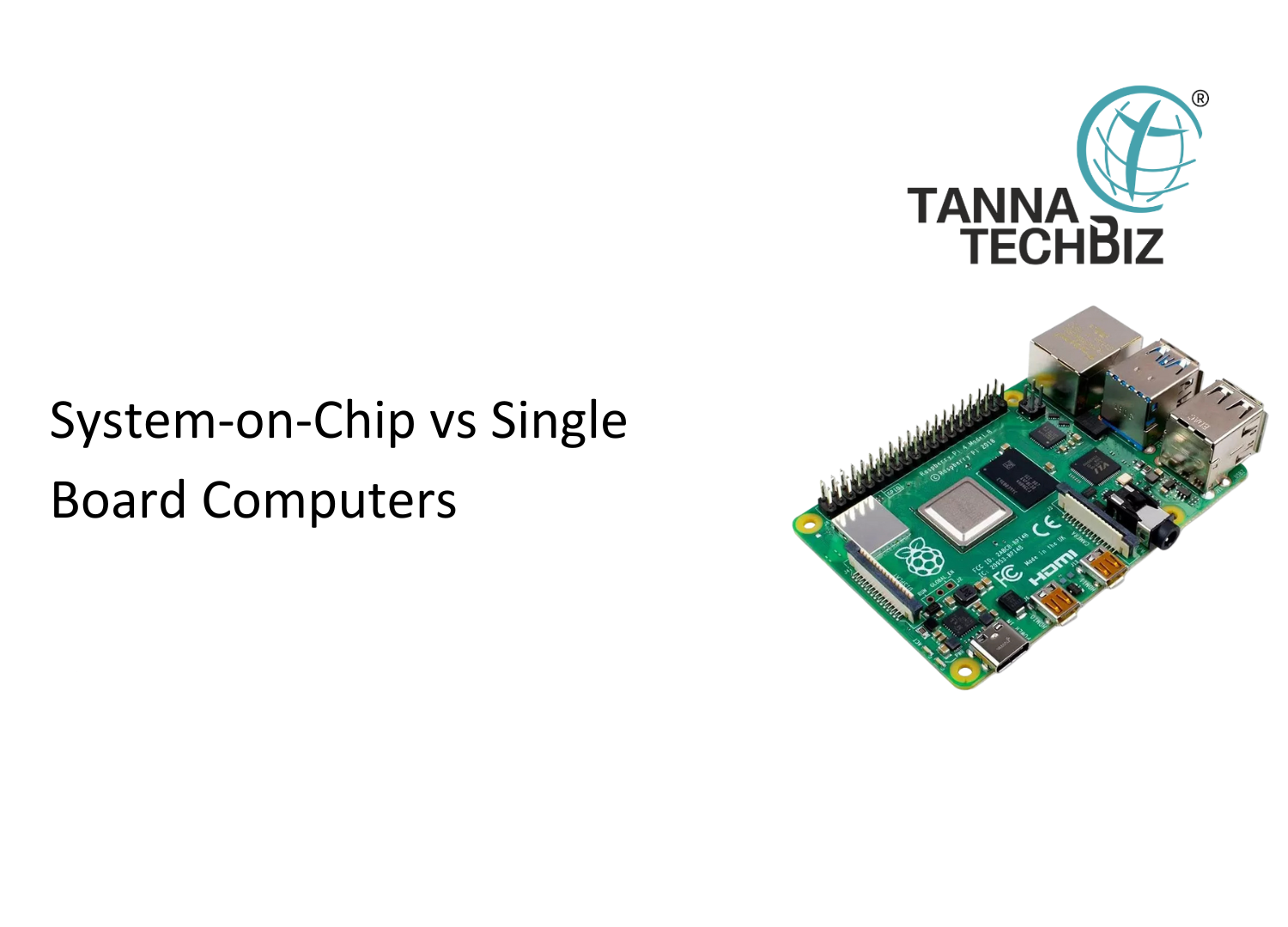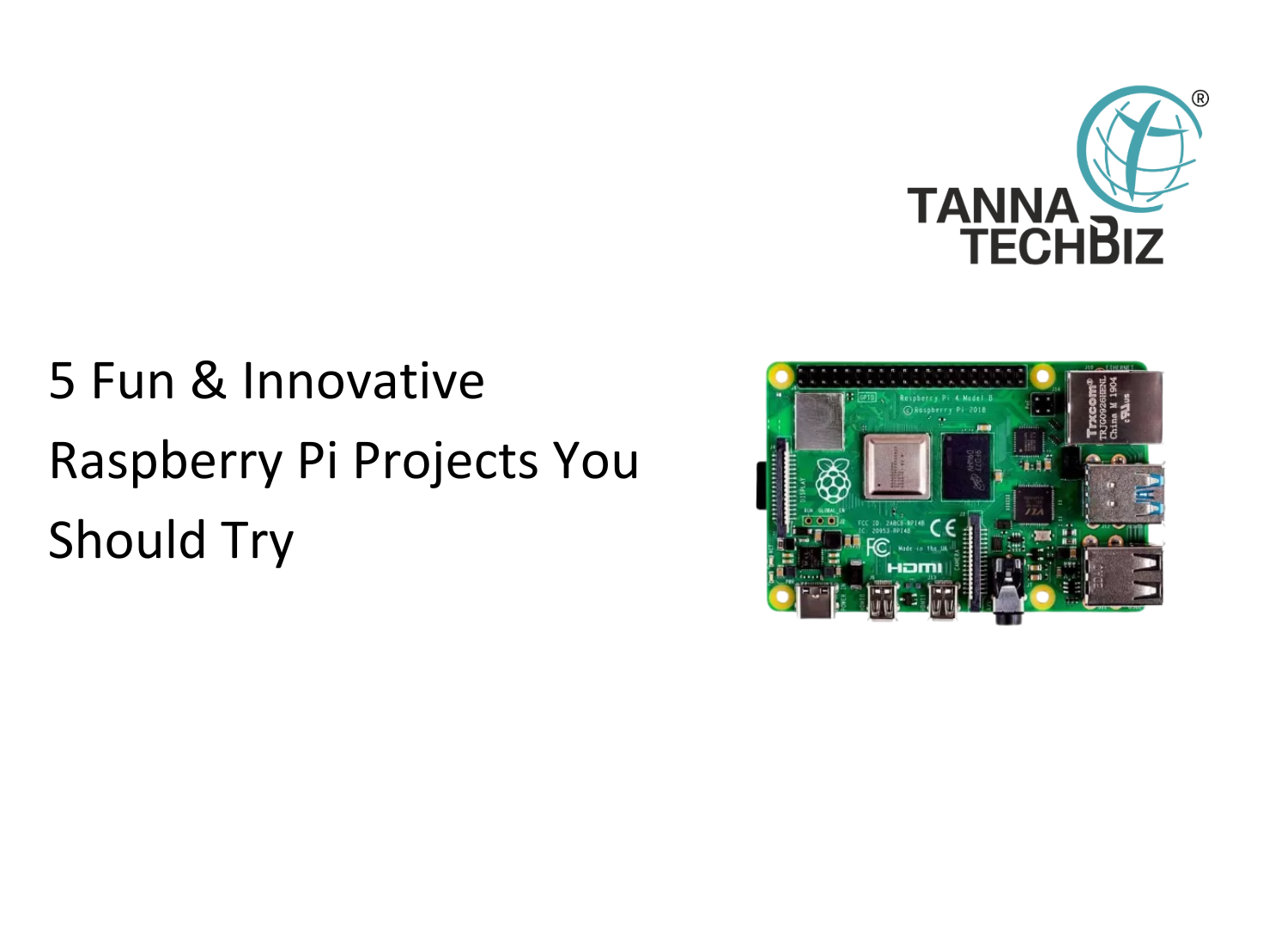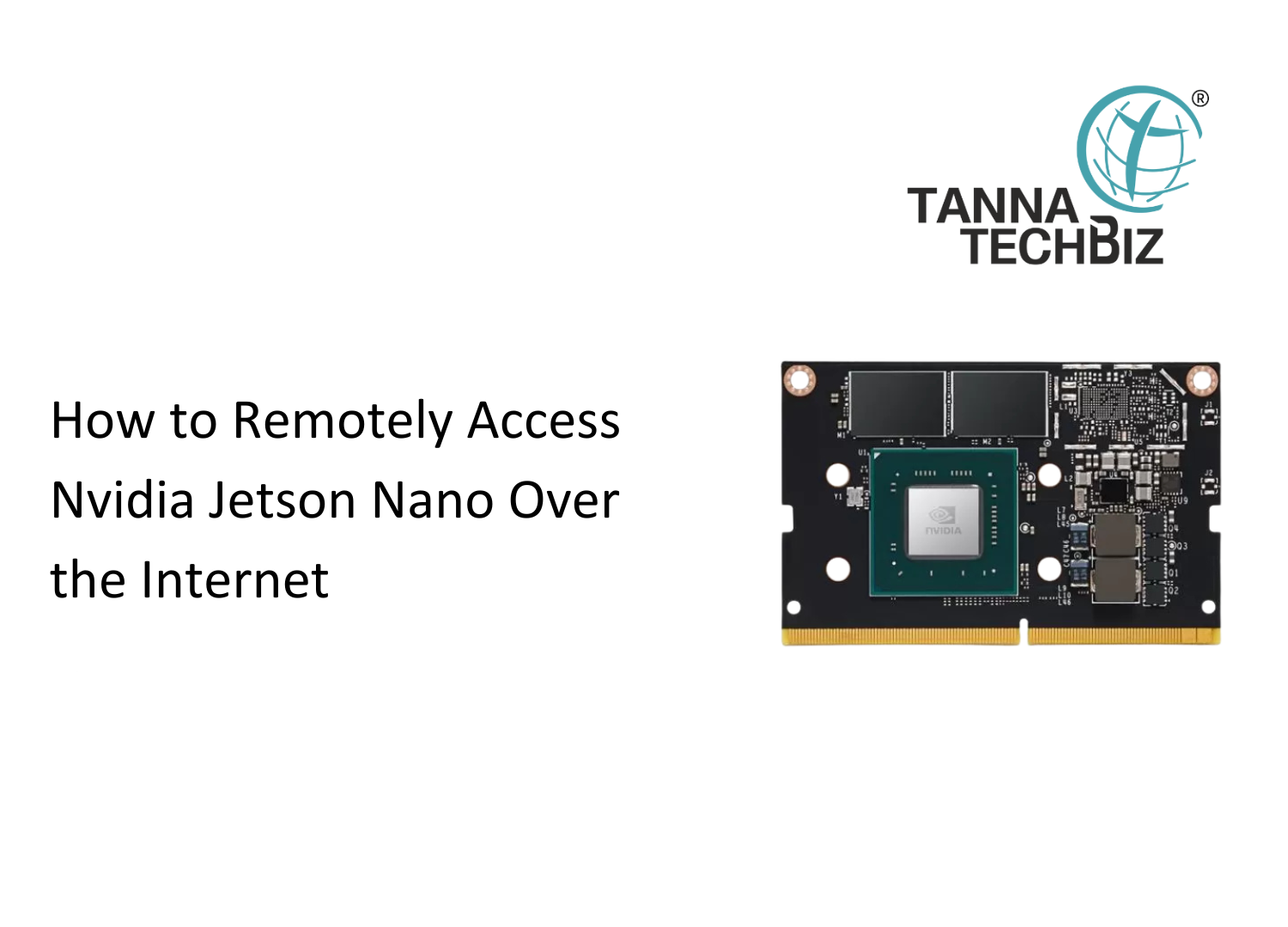System-on-Chip vs Single Board Computers
August 20, 2025 104

Today's devices might appear straightforward on the outside, but on the inside, they depend on sophisticated little systems which keep them operating. Two terms which frequently crop up within such a sphere are System-on-Chip and Single Board Computer. While they may seem comparable, they end up doing two very different jobs. Being aware of the difference helps whether you are creating a product of your own, experimenting with ideas, or merely inquisitive about things.
What is a System-on-Chip?
A System-on-Chip, or SoC, is just what its name says. It puts the processor, the memory, the storage, and the input or output ports onto one small chip. Everything you need is integrated into one piece of silicon.
Owing to this configuration, SoCs are fast, small, and low on power usage. They are usually customized towards a particular task, too. Like, one SoC may be optimized towards better battery life, another towards silky-smooth graphics, or even towards wireless connectivity. You do get the plus of speed and efficacy in one neat package, of course. But they are not highly reprogrammable. Once a task is defined on one SoC, you can't really change or upgrade the SoC.
What is a Single-Board Computer?
A Single Board Computer is a bit different. Rather than a mere chip, you receive a full computer on a single board. You receive a processor, some memory, a bit of storage, and some connectors all packaged and ready. It's essentially a bare-bones version of your desktop, only much, much smaller and simpler.
What draws people towards Single Board Computers is their versatility. You can find them in classrooms, hobby projects, robotics, and even in industries. They are inexpensive, easy to work with, and both novices and professionals are free to experiment and test their concepts.
Key Differences between SoC and SBC
Although both are vital in technology, they serve different roles. Here are the main differences:
- Integration: An SoC is only the chip. A Single Board Computer is a complete computer based on it.
- Flexibility: SBCs are expandable and can be connected to external devices. SoCs are fixed-purpose.
- Use Cases: SoCs are ubiquitous in phones, wearables, and smart devices. SBCs excel in education, automation, and prototyping.
- Upgradability: Locked designs are found in SoCs. Upgrades or modifications may be permitted by some SBCs.
Which Should You Choose?
It's up to you. If you want something small and very effective at doing one thing, then an SoC is ideal. But if you are learning, experimenting, or building a new idea, a Single Board Computer is a much superior choice.
Conclusion
Both coexist in the contemporary tech world. SoCs are all about focus and efficiency, while Single Board Computers are all about creativity and versatility. Knowing what both do best makes choosing one a lot simpler.



